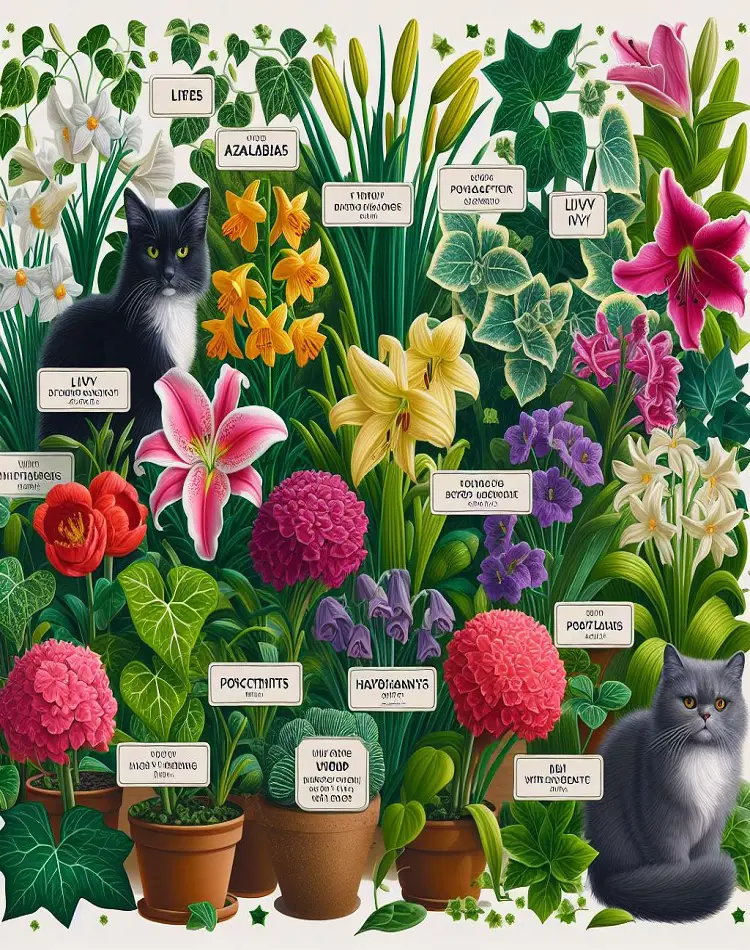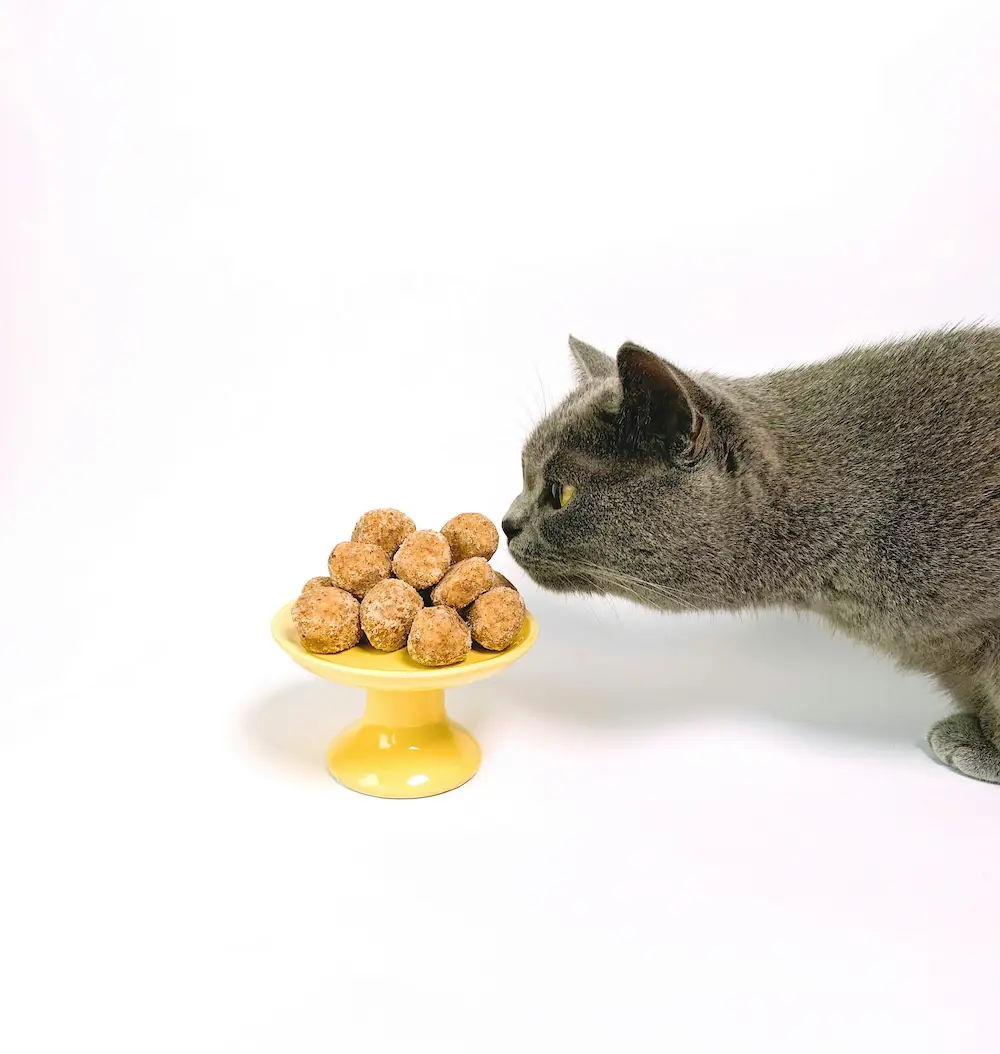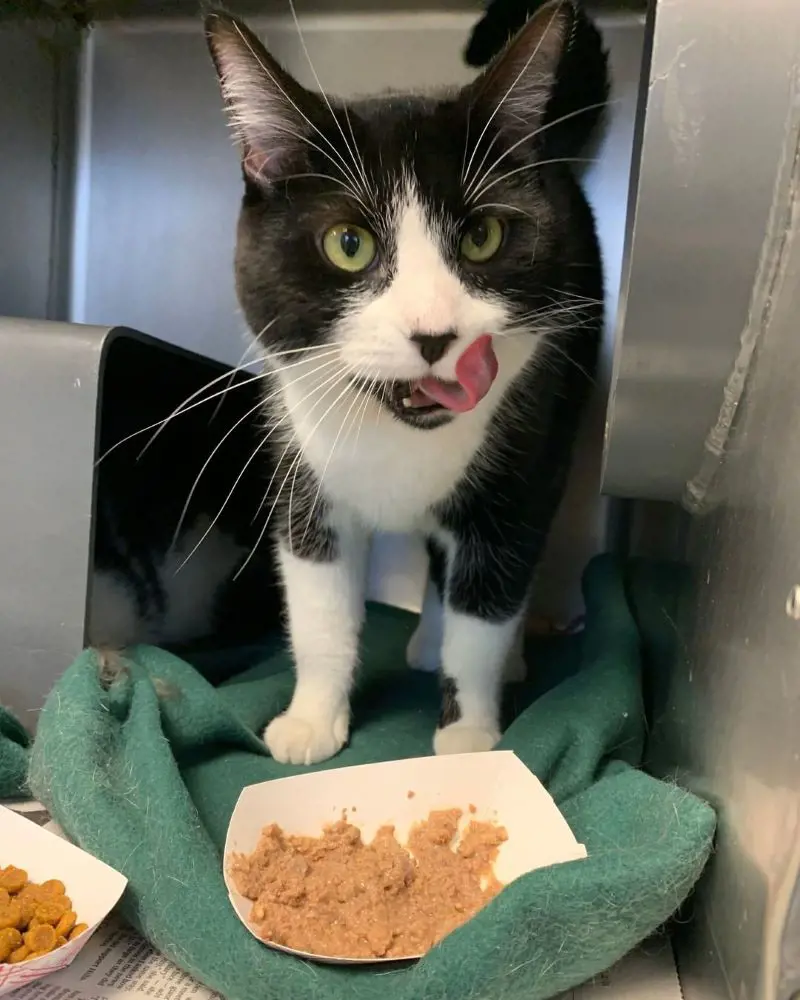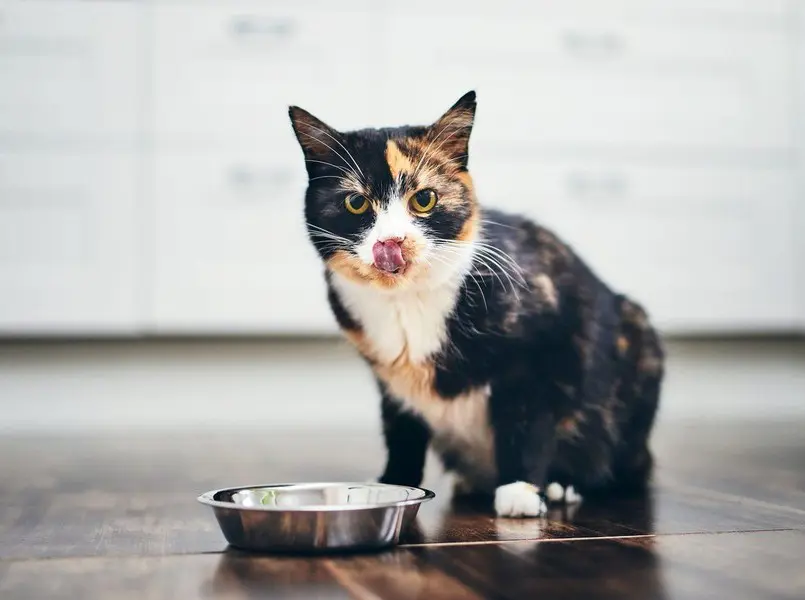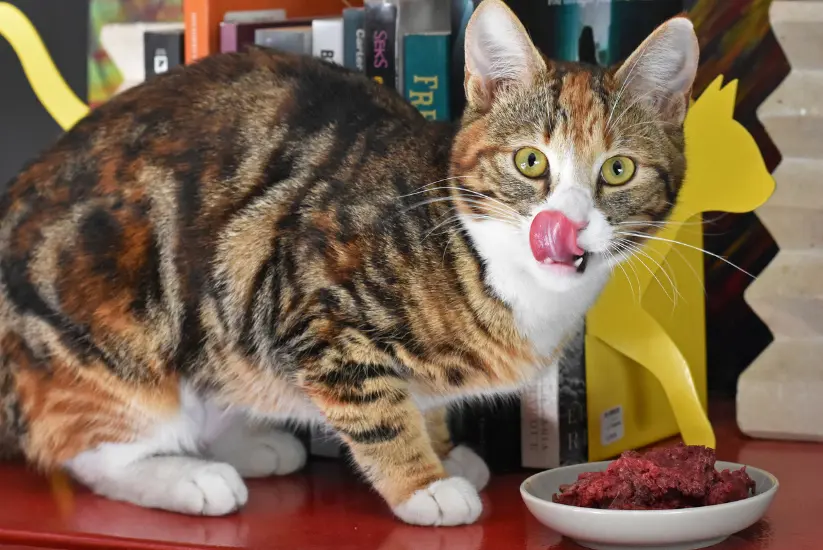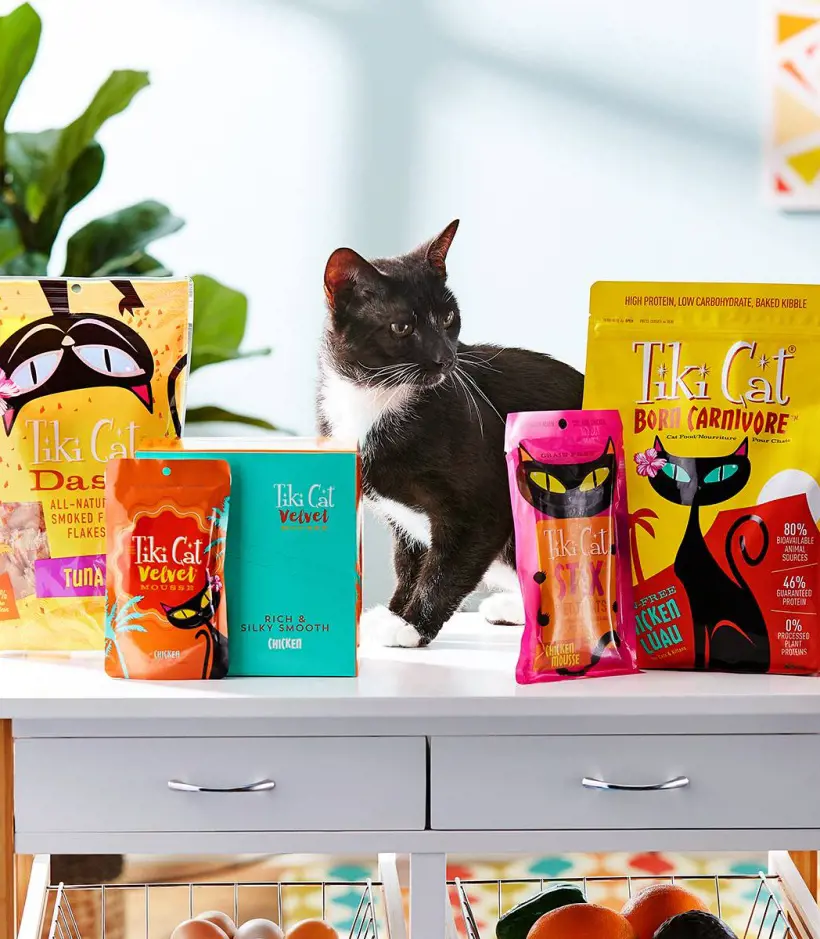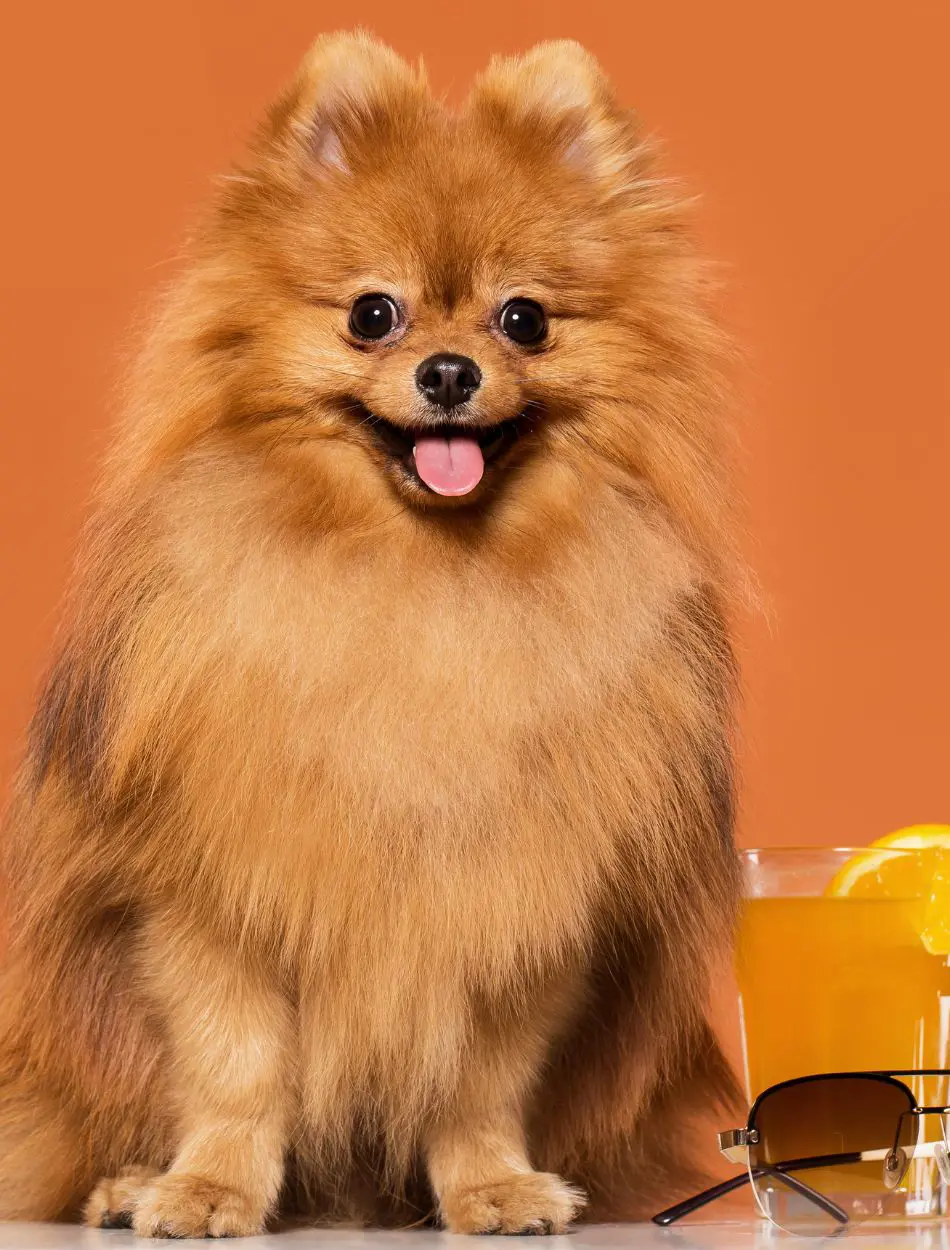Is It Safe For Cats To Eat Dog Foods?
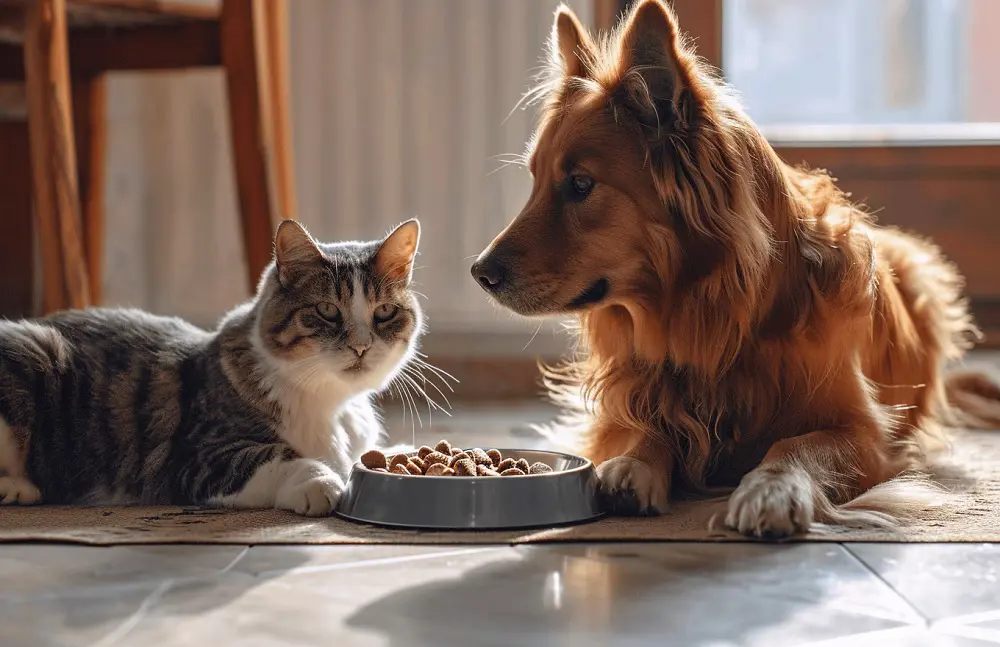
Feeding pets is a significant aspect of their care, and understanding the nutritional needs of different species is crucial. Many pet owners, especially those with both cats and dogs, might wonder if their feline friends can safely eat dog food.
While an occasional nibble of dog food isn't harmful, feeding it to cats regularly can have severe consequences due to the distinct dietary requirements of cats and dogs. This article explores these differences in depth and explains why dog food is not suitable for cats long-term.
Understanding Species-Specific Nutritional Needs
Cats are Obligate Carnivores: Unlike dogs, which are omnivores, cats are obligate carnivores. This means their diet must consist primarily of meat to fulfill their nutritional requirements. Cats have evolved to derive essential nutrients from animal tissues, and their bodies are not equipped to process plant-based foods as efficiently as dogs.
Dogs are Omnivores: Dogs can eat a variety of foods, including meats, grains, and vegetables. Their digestive systems are more versatile, allowing them to extract nutrients from a broader range of food sources.
Key Differences Between Cat Food and Dog Food
-
Protein Content:
- Cats require a higher protein intake than dogs. Typical dog food has an "As-Fed" protein content of 18-26%, while cat food generally contains 30-34% protein, with some canned varieties offering up to 40-50%. This higher protein level is essential for maintaining muscle mass and supporting other bodily functions in cats.
-
Taurine:
- Taurine is an amino acid critical for cats' health, affecting their heart function, vision, and digestion. Unlike dogs, cats cannot synthesize taurine and must obtain it from their diet. Dog food typically lacks sufficient taurine, putting cats at risk of taurine deficiency, which can lead to dilated cardiomyopathy, retinal degeneration, and digestive issues.
-
Arachidonic Acid:
- Cats require arachidonic acid, a fatty acid found in animal tissues, for healthy skin and coat, kidney function, and reproductive health. Dogs can synthesize this fatty acid, so it is not commonly added to dog food, making it insufficient for cats.
-
Vitamin A:
- Cats cannot convert beta-carotene from plant sources into vitamin A and must consume it directly through animal tissues. Dog food may not have adequate levels of vitamin A for cats, leading to deficiencies that can cause vision problems, skin issues, and weakened immune systems.
-
Niacin:
- Niacin, or vitamin B3, is another essential nutrient that cats must obtain from their diet. Cats cannot produce niacin from tryptophan, unlike dogs. Insufficient niacin can lead to poor growth, weight loss, and other metabolic disorders in cats.
Life Stage and Nutritional Needs
Pet food manufacturers often follow guidelines set by the Association of American Feed Control Officials (AAFCO), which outline nutritional requirements for different life stages: growth, maintenance, and all-life stages. These guidelines ensure that pet food meets the specific needs of animals at various stages of their lives.
- Kittens: Require higher protein and fat levels to support rapid growth and development.
- Adult Cats: Need balanced nutrition to maintain health and prevent diseases.
- Senior Cats: May need more protein to preserve muscle mass and fewer calories to prevent obesity.
Dog food, even if it meets AAFCO standards for dogs, does not align with these feline-specific needs, particularly for growing kittens or senior cats requiring tailored nutrition.
Why Quality Cat Food is Essential?
Feeding cats a diet formulated specifically for them ensures they receive the right balance of nutrients essential for their health and well-being. High-quality cat food is designed to be highly palatable, ensuring even the pickiest cats are enticed to eat. It includes the correct proportions of protein, fats, vitamins, and minerals necessary for optimal health.
Risks of Long-Term Dog Food Consumption in Cats:
- Nutritional deficiencies leading to serious health issues.
- Poor coat quality, muscle weakness, and potential vision problems.
- Increased susceptibility to diseases due to a weakened immune system.
While it might be convenient to feed dog food to cats in a pinch, it's crucial to understand the long-term risks associated with such practices. Cats have specific dietary requirements that dog food cannot meet.
Ensuring your cat has a diet formulated for their unique needs is vital for their health and longevity. For cat owners, investing in high-quality cat food is the best way to ensure their pets live healthy, happy lives.
Recent posts
Cat Foods
Plants That Are Poisonous For Cats
Meet the deceptive cast of beautiful and alluring common plants that pose a perilous threat to our feline friends. Among the plants poisonous for cats stands the alluring yet treacherous lily, celebrated for its enchanting blossoms that belie a toxic...
15 Homemade Cat Food Recipes
Preparing homemade cat food is not just a culinary adventure but also a loving gesture toward your feline companion's well-being. Picture a medley of lean meats, nutrient-packed vegetables and essential supplements all coming together to form a...
20 Cat Friendly Human Foods For Occasional Treats
As loving pet owners, we often find ourselves wanting to spoil our feline companions with special treats. While there is a wide array of commercial cat treats available, many of us wonder if there are human foods that can be safely shared with our fu...
Cat Feeding Guide: Nutritional Needs, Portions, and Tips
Feeding your cat the right amount of food is crucial for maintaining its health and well-being. Overfeeding can lead to obesity, while underfeeding can cause nutritional deficiencies. This guide will help you understand how much you should feed your ...
The Raw Truth: Should Your Cat Eat a Raw Food Diet?
Feeding a cat a raw diet has become popular among pet owners looking to provide a more natural and potentially healthier option for their feline companions. However, this approach is not without its controversies and complexities. This article aims t...
10 Best Wet Food For Kittens
Wet food for kittens has a high moisture content that helps to keep young felines well-hydrated and supports their muscle growth. These types of food tend to be more palatable for picky eaters which makes them an excellent choice for cats with discer...
